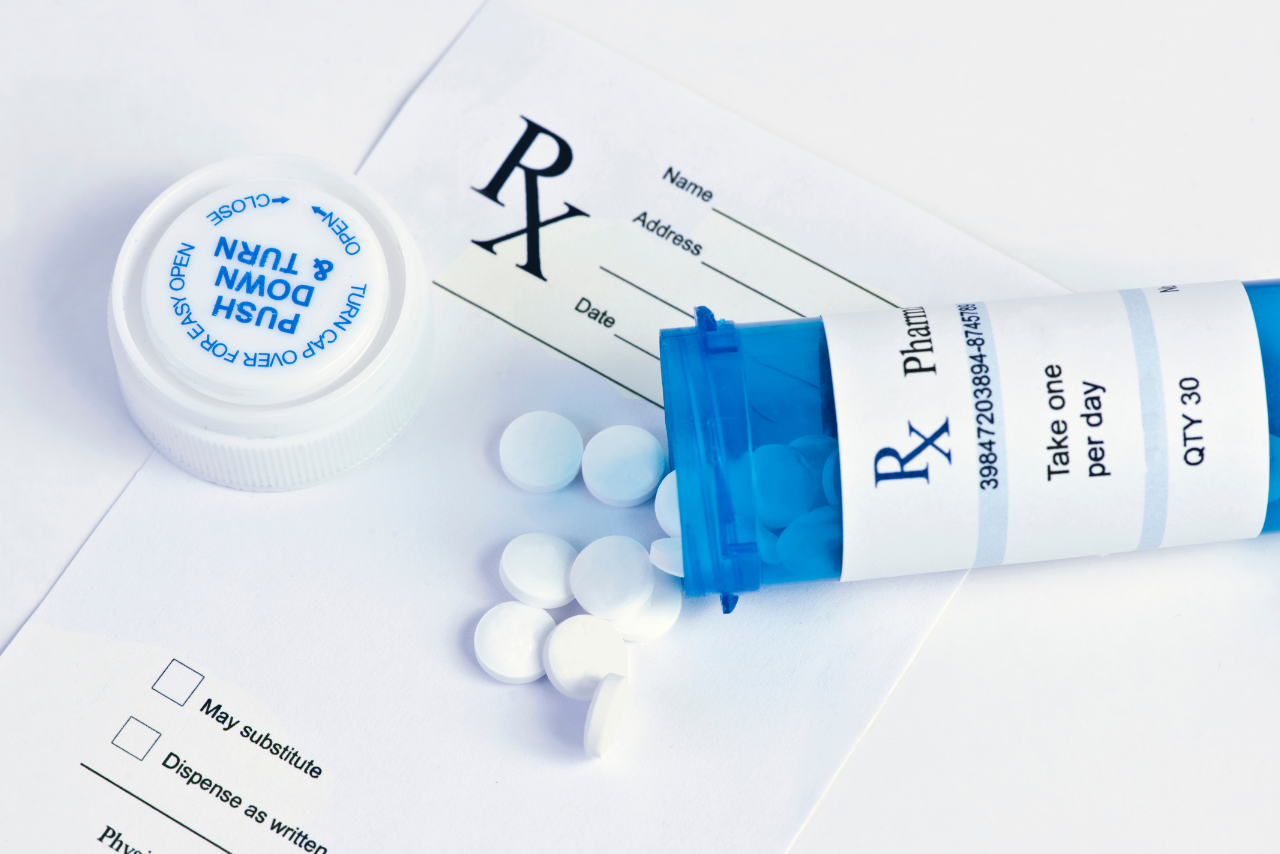
You know that untreated addictions to powerful recreational drugs like alcohol, heroin, and meth can have devastating effects on a person’s life. However, what could drive someone to claim that Cymbalta, a medication commonly prescribed for depression, anxiety, and other mental health conditions, ruined their life?
While Cymbalta can provide relief for many individuals, some users may experience side effects or become dependent on it, leading to a challenging and sometimes harmful experience. Understanding the potential risks and effects of Cymbalta is important, as it may affect people in ways that are unexpected or difficult to manage, ultimately causing distress in their personal and emotional well-being.
If you or a loved one are struggling with mental health, don’t wait! Call us today or schedule a free assessment to take the first step towards healing!
What Is Cymbalta?
Cymbalta is the brand name of a prescription medication that is used for both mental health and pain management purposes. The primary active ingredient in Cymbalta is duloxetine, which is classified as a serotonin-norepinephrine reuptake inhibitor (SNRI). It is typically taken orally in tablet form.
What Does Cymbalta Treat?
Cymbalta was first approved by the U.S. Food and Drug Administration (FDA) in August 2004. This original approval authorized physicians to use Cymbalta to treat major depressive disorder.
Over the past 20 years, the FDA has expanded its approval several times. Today, in addition to treating depression, Cymbalta is also authorized to help people who have:
- Generalized anxiety disorder (GAD)
- Fibromyalgia
- Musculoskeletal pain
- Neuropathic pain due to diabetes
Doctors also sometimes use Cymbalta on an off-label basis to treat people who have been experiencing chemotherapy-induced peripheral neuropathy and stress urinary incontinence.

How Does Cymbalta Work?
As an SNRI, Cymbalta interacts with central nervous system (CNS) receptors for the neurotransmitters serotonin and norepinephrine.
Serotonin is associated with functions such as mood, learning, memory, sex drive, and wound healing. Norepinephrine plays a key role in the body’s “fight or flight” response.
Serotonin, norepinephrine, and other neurotransmitters carry their messages across synapses, which are the small gaps that separate nerve cells throughout the CNS.
Usually, once the message is delivered, a receptor reabsorbs these neurotransmitters so they can be reused later. But when a person takes Cymbalta, the medication prevents this reabsorption from occurring. This causes a buildup of serotonin and norepinephrine, which has the effect of amplifying the messages they are carrying.
Elevated levels of serotonin and norepinephrine have been linked with benefits such as:
- Improved mood
- Increased energy
- Diminished anxiety
- Easing of pain
- Better quality of sleep
Unfortunately, some people who use Cymbalta don’t have a pleasant experience with the medication. In extreme cases, as we’ll discuss in the next section, the drug might even cause people to claim that Cymbalta ruined my life.
Why Someone Might Say ‘Cymbalta Ruined My Life’
Two possible reasons why a person might say Cymbalta ruined my life are:
- They developed particularly distressing side effects
- They became addicted to the medication and had a difficult time getting through withdrawal
Side Effects
Just about every prescription medication can cause a variety of adverse effects, which can range from mild to severe. For people who take Cymbalta, the list of more common but less intense side effects include:
- Headache
- Lightheadedness
- Body aches
- Dry mouth
- Increased perspiration
- Drowsiness and fatigue
- Appetite changes and resultant weight gain or loss
- Sexual dysfunction Nausea
- Constipation
- Diarrhea
Less common, but potentially much more disruptive side effects of Cymbalta include:
- Shakiness in arms and legs
- Blurred vision
- Liver damage
- Loss of consciousness (fainting)
- Blood in urine, stool, or vomit
- Hallucinations
- Mania
- Suicidal thoughts
Cymbalta use can also lead to a potentially fatal condition called serotonin syndrome. Elevated serotonin levels can have a variety of positive effects on a person’s body and mind – but if these levels become too high for too long, they can cause reactions such as:
- Muscle spasms
- Heart palpitations
- Elevated blood pressure
- Dangerously high body temperature
- Confusion and disorientation
- Seizure
- Kidney failure
- Coma
If caught in time, serotonin syndrome can be treated. This underscores the importance of discussing your risk of side effects with your doctor before you take any prescription medication, and immediately notifying them if you develop any severe effects.
Cymbalta Addiction & Withdrawal
The popularity of SNRIs and other antidepressants has caused some people to mistakenly believe that taking these types of drugs is a risk-free experience. However, in addition to the adverse effects that we listed in the previous section, the dangers of Cymbalta use also include addiction and withdrawal.
Cymbalta doesn’t pose the same risk of addiction as drugs such as opioids, cocaine, and alcohol do. And Cymbalta’s withdrawal symptoms aren’t usually as distressing as what these drugs can cause. But addiction can occur, and for some people withdrawal can be quite unpleasant.
When you use Cymbalta for an extended period, your body adapts to the presence of the drug, and to the artificially elevated serotonin and norepinephrine levels. When you abruptly stop taking it, the sudden drop in these neurotransmitters can trigger a variety of physical and psychological symptoms.
During Cymbalta withdrawal, you may experience:
- Anxiety
- Depression
- Irritability
- Disrupted sleep
- Intense, vivid nightmares
- Powerful drug cravings
- Nausea and vomiting
- Burning, itching, or a “pins and needles” sensation on your skin
- “Brain zaps,” which feel like brief electrical charges in your brain
- Seizure
If you try to get through Cymbalta withdrawal on your own, these symptoms can quickly push you back into active use again. In rare cases that involve seizures, the failure to get appropriate help can have devastating long-term consequences.
The best way to end your Cymbalta use is to talk to the doctor who prescribe the medication to you. They can set up a plan to slowly taper your use over an extended period, which should minimize your risk of severe withdrawal symptoms.
If your use of Cymbalta becomes a compulsion, you may benefit from comprehensive treatment to address your addiction and the mental health concern that led you to take the medication in the first place.

Don’t Let Cymbalta Ruin Your Life: Get Help for Prescription Drug Addiction in Atlanta
You don’t have to wait until Cymbalta has ruined your life before you seek professional help. Needing to “hit rock bottom” in order to benefit from treatment is nothing more than a myth. Once you realize you have a problem, you can start working on your recovery.
Atlanta Integrative Psychiatry offers personalized dual diagnosis programming for adults who have been living with addictions and co-occurring mental health concerns.
At our outpatient treatment center near Atlanta, Georgia, you can expect to receive exemplary care and compassionate support from a small team of skilled professionals. We’ll work closely with you to understand the full scope of your needs, then we’ll select the therapies and support services that can put you on the path toward a much healthier and more hopeful future.
To learn more or to schedule a free assessment, please visit our Appointments page or call us today.





